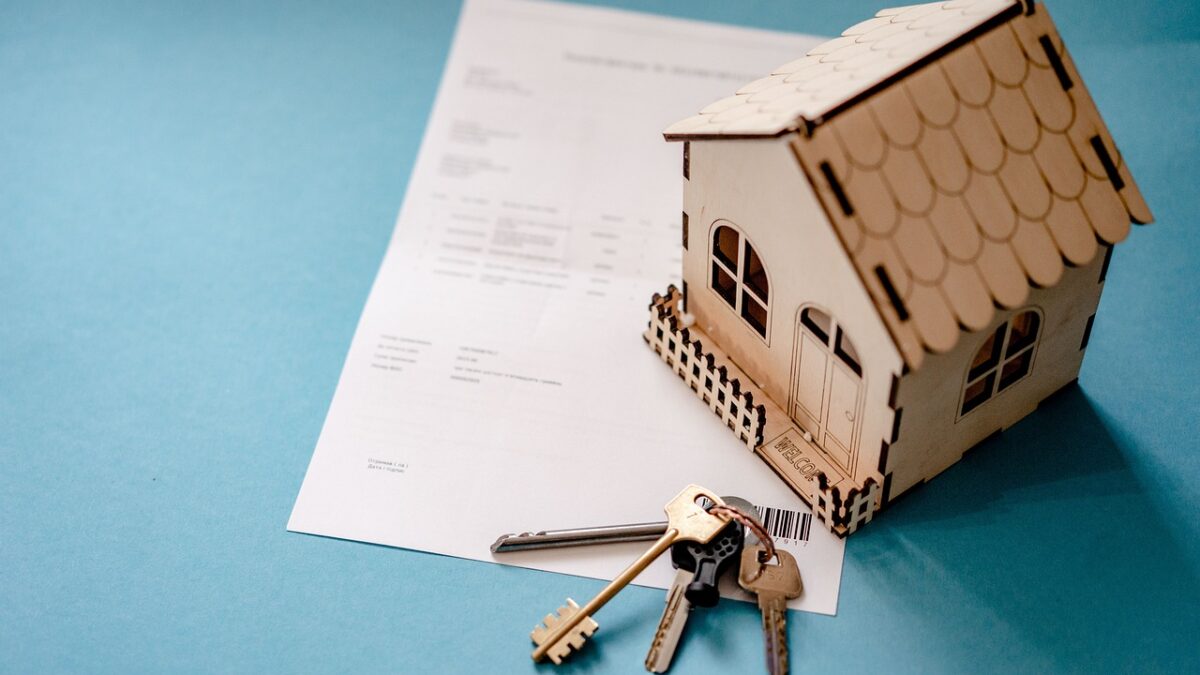
Buying a home is one of the most significant financial investments you’ll ever make in your lifetime. It’s a process that requires careful planning, research, and negotiation skills. Effective negotiation can save you thousands of dollars and ensure you get the best deal possible. In today’s competitive real estate market, knowing how to negotiate the best price when buying a home is crucial for securing your dream property at a fair price.
- How to Negotiate the Best Price When Buying a Home
- 1. Understand the Home Buying Process
- 2. Research the Market and Set a Budget
- 3. Prepare for Negotiations
- 4. Build a Strong Negotiating Position
- 5. Effective Negotiation Techniques
- 6. Handling Counteroffers and Concessions
- 7. Negotiate Beyond the Price- Additional Terms and Conditions
- 8. Negotiating with a Seller’s Agent
- Tips for Successful Negotiation
- Common Negotiation Pitfalls to Avoid
- Conclusion
How to Negotiate the Best Price When Buying a Home
1. Understand the Home Buying Process
Before diving into the negotiation process, it’s important to have a solid grasp of the home-buying journey.
This includes understanding the roles of the various parties involved, such as real estate agents, lenders, and inspectors.
Familiarize yourself with the steps involved, from pre-approval to closing. This will help you navigate the process with confidence and prepare you for successful negotiations.
2. Research the Market and Set a Budget
Conducting thorough market research is the foundation of effective negotiation. Analyze recent house sales data for similar properties in the area to understand the current market trends and pricing. This information will help you set a realistic budget and determine a fair offering price.
Additionally, consider factors like the condition of the property, location, and amenities that may impact its value.
3. Prepare for Negotiations
Once you’ve done your research and set a budget, it’s time to prepare for negotiations. Develop a negotiation strategy that aligns with your goals and budget.
Identify your priorities, such as the maximum price you’re willing to pay, the desired closing date, and any contingencies you may need.
Gather all necessary documentation, including pre-approval letters, proof of funds, and any relevant paperwork.
4. Build a Strong Negotiating Position
To negotiate effectively, you need to establish a strong bargaining position. This involves understanding the seller’s motivation and the current market conditions.
If the property has been on the market for an extended period, or if the seller wants to sell it fast, you may have more leverage in negotiations.
Additionally, being pre-approved for a mortgage and having a solid financial standing can strengthen your position.
5. Effective Negotiation Techniques
Successful negotiation requires a combination of strategies and techniques. Here are some effective negotiation approaches:
- Make a Reasonable Initial Offer: Start with a lower offer than your maximum budget, but ensure it’s still within the realm of reasonableness. This leaves room for negotiation and sets the tone for discussion.
- Listen Actively: Pay close attention to the seller’s responses and body language. This can provide valuable insights into their motivations and help you adjust your approach accordingly.
- Remain Calm and Professional: Negotiations can be emotionally charged, but it’s crucial to maintain a calm and professional demeanor. Avoid getting defensive or confrontational, as this can jeopardize the negotiation process.
- Use Silence Strategically: Silence can be a powerful negotiation tool. Allowing pauses in the conversation can encourage the seller to fill the silence, potentially revealing valuable information or making concessions.
- Employ Anchoring Techniques: Anchoring involves setting a reference point for the negotiation. For instance, you can anchor the discussion by referring to comparable sales in the area or highlighting specific features of the property that justify your offer.
6. Handling Counteroffers and Concessions
During the negotiation process, you may get counteroffers or be asked to make concessions. It’s essential to approach these situations with an open mind and a willingness to compromise.
Evaluate each counteroffer carefully, considering the seller’s perspective and your priorities.
If necessary, be prepared to walk away from the deal if the terms are not acceptable.
7. Negotiate Beyond the Price- Additional Terms and Conditions
While the purchase price is often the primary focus of negotiations, some other terms and conditions can be negotiated as well. These may include closing costs, repairs and renovations, appliances or furniture included in the sale, and the closing date.
Be creative and consider negotiating these additional elements to sweeten the deal or offset a higher purchase price.
8. Negotiating with a Seller’s Agent
In most cases, you’ll be negotiating with the seller’s real estate agent rather than the seller directly. It’s important to approach these negotiations with professionalism and respect.
Agents have a fiduciary duty to their clients, but they also understand the importance of facilitating a successful transaction.
Building a positive rapport with the agent can go a long way in ensuring smooth negotiations.
Tips for Successful Negotiation
Here are some additional tips to help you master the art of negotiation when buying a home:
- Know When to Walk Away: While negotiation is essential, there may be situations where the seller is unwilling to budge, or the terms are simply unacceptable. Be prepared to walk away from the deal if it doesn’t align with your goals and budget.
- Seek Professional Advice: If you’re unsure about any aspect of the negotiation process, don’t hesitate to seek advice from professionals, such as real estate attorneys or experienced real estate agents.
- Practice Active Listening: Effective communication is key to successful negotiations. Practice active listening skills to better understand the seller’s perspective and respond appropriately.
- Be Prepared for Emotional Moments: Buying a home can be an emotional journey for both parties. Be prepared to navigate emotional moments with empathy and professionalism.
- Celebrate Your Wins: Negotiating a successful deal is an achievement worth celebrating. Take the time to appreciate your efforts and the positive outcome.
Common Negotiation Pitfalls to Avoid
While negotiating, it’s crucial to be aware of the common pitfalls that can derail the process. Here are some of the common pitfalls to avoid when negotiating the best price when buying a home:
1. Getting Too Emotionally Invested
While buying a home is an emotional experience, it’s crucial to separate emotions from the negotiation process. Letting emotions cloud your judgment can lead to poor decision-making.
2. Underestimating the Seller’s Motivation
Don’t assume that the seller is motivated solely by the highest price. Understanding their unique circumstances and motivations can help you tailor your approach more effectively.
3. Failing to Prepare
Entering negotiations without proper preparation, research, and a clear strategy can put you at a significant disadvantage.
4. Overplaying Your Hand
While it’s important to negotiate assertively, being overly aggressive or making unreasonable demands can backfire and damage the relationship with the seller.
5. Neglecting to Consider the Bigger Picture
Negotiations shouldn’t focus solely on the purchase price. Be sure to consider the long-term implications of the deal, including potential repairs, renovations, and ongoing costs.
Conclusion
Mastering the art of negotiation is crucial when buying a home. By following the strategies and techniques outlined in this article, you’ll be better equipped to secure the best possible deal.
Remember, effective negotiation is a combination of preparation, research, communication skills, and a willingness to compromise.
With patience, persistence, and a clear understanding of your goals, you can navigate the negotiation process successfully and achieve your dream of homeownership on favorable terms.











Your point of view caught my eye and was very interesting. Thanks. I have a question for you.